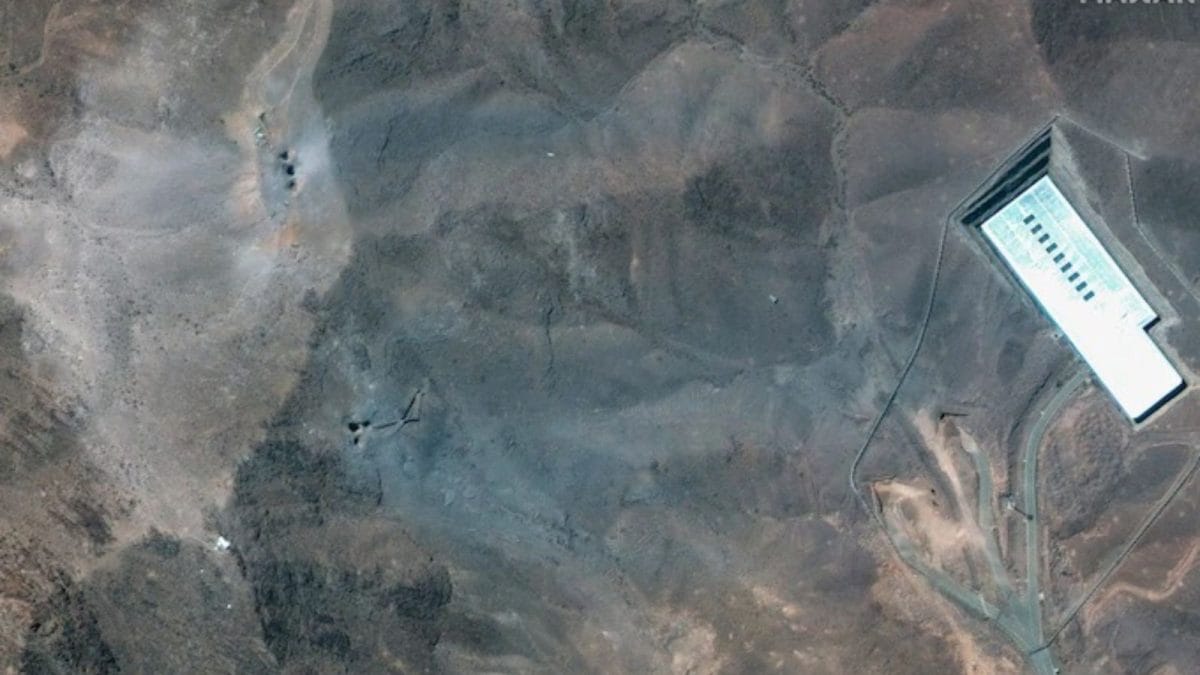The Coimbatore District Coir and Allied Products Manufacturers Association, known by its acronym COCOMANS, in collaboration with the Patent Information Centre under the Tamil Nadu State Council for Science and Technology (TNSCST), is actively pursuing the recognition of a geographical indication (GI) tag for the Pollachi Coconut Coir. Coimbatore-based Nehru Group of Institutions has also played a role in facilitating the application process and ensuring the protection of the product.
The ‘Manchester of South India’, known for its rich tradition in coir manufacturing, boasts over 500 registered manufacturers engaged in coir and related products. The coir sector in Pollachi functions primarily as a cottage industry, with many units involved in different stages of coir production, ranging from the processing of husks to the development of finished products.

According to details shared by S. Vincent, Member Secretary of TNSCST: “In Pollachi, the production of coir takes place in blocks, including Pollachi South, Pollachi North, Anamalai, and Kinathukadavu. Among these regions, Pollachi is particularly recognised for its extensive processing of coconut husks and manufacturing of coir products.”
The primary raw material for coir production is the coconut husk. The Pollachi region supplies husks that are rich in fiber content, which is essential for producing high-quality coir products. Suitable for both indoor and outdoor applications, coir offers a rustic aesthetic and is an environmentally sustainable choice. Mature coconuts are chosen, as their husks offer superior fiber strength and durability. These husks are specifically selected for their ability to withstand harsh environmental conditions and provide long-lasting products.

According to historical details shared in the filing, the British colonial period saw the establishment of the first mechanised coir-processing plants in the early 1800s, primarily in the coastal towns like Cuddalore, Tirunelveli, and Madurai. The British trade networks enabled Tamil Nadu to export coir products, especially ropes and mats, to various parts of the world, further cementing the region’s position as a key producer in the global coir market.
The establishment of the Coir Board of India in 1953 was a significant milestone for the coir industry, marking the formal recognition and promotion of coir production in Tamil Nadu. By the 1960s and 1970s, Tamil Nadu’s coir industry had become one of the largest producers of coir products in India. The growth of towns like Coimbatore, which earned the title of ‘Coir Capital of Tamil Nadu’, played a central role in this expansion. By the mid 20th century, Pollachi had emerged as a major centre for coir fibre, yarn, mats, and coir-based products.



.png)
.png)
.png)
















 5 hours ago
5
5 hours ago
5








 English (US) ·
English (US) ·